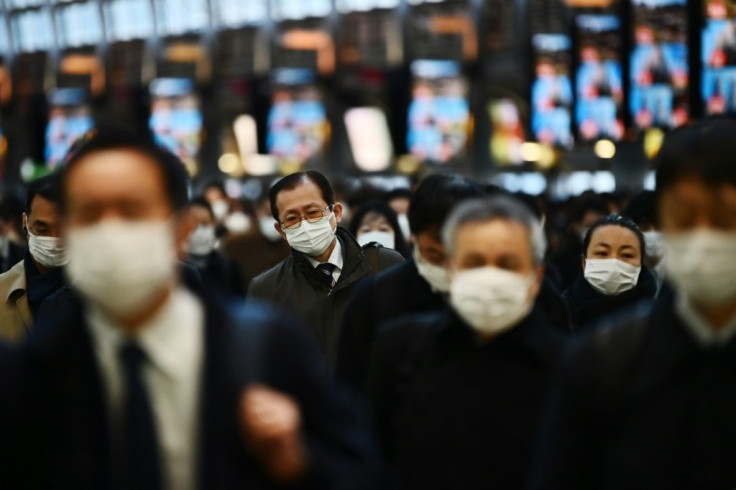Coronavirus Could Become A Permanent Seasonal Pathogen, Experts Warn

KEY POINTS
- The number of coronavirus cases has reached over 89,000
- COVID-19 could become a permanent and seasonal virus
- The cold weather helps in the survival of respiratory viruses
Health experts warned that the coronavirus could become a seasonal endemic pathogen. This means that like the seasonal flu, COVID-19 could become a permanent virus that infects people from time to time.
As of this writing, the number of confirmed cases of COVID-19 around the world has already exceeded 89,000. It has already killed over 3,000 people. Many of the virus’ victims are from China. In total, about 69 have already reported cases of COVID-19.
Due to the worsening state of the outbreak, health agencies around the world have been scrambling to develop a viable vaccine that can effectively stop the spread of the virus. Unfortunately, it could take some time before an effective vaccine gets developed.
Experts are hoping that once the spring season rolls in, the warm weather would hinder the spread of the virus. This could give the world enough time to work on a vaccine before the cold season begins.
However, without a vaccine, health experts fear that even though springtime could stop the outbreak, this won’t mean that the virus has disappeared.
According to infectious-disease expert Amesh Adaljia of the John Hopkins Center for Health Security, COVID-19 could become a virus that could permanently affect the human respiratory system.
“This is going to be with us for some time – it's endemic in human populations and not going to go away without a vaccine,” he told Business Insider.
As noted by the experts, the coronavirus could turn into something like the seasonal flu, which becomes less active during certain times of the year. They explained that cold temperatures help create a protective gel around the particles of respiratory viruses.
Aside from increasing their survival rate, this natural shell also provides particles with a longer life span, which means they can spend more time in the air traveling from one person to the next.
Although respiratory viruses can become less active during warmer seasons, there are regions on Earth that do not experience drastic seasonal changes. This means these cold areas could constantly be susceptible to respiratory viruses such as the COVID-19.
“The flu circulates there year-round,” Adalja stated.
© Copyright IBTimes 2024. All rights reserved.





















